OHLA returns to Brazil and wins its first construction project in the country
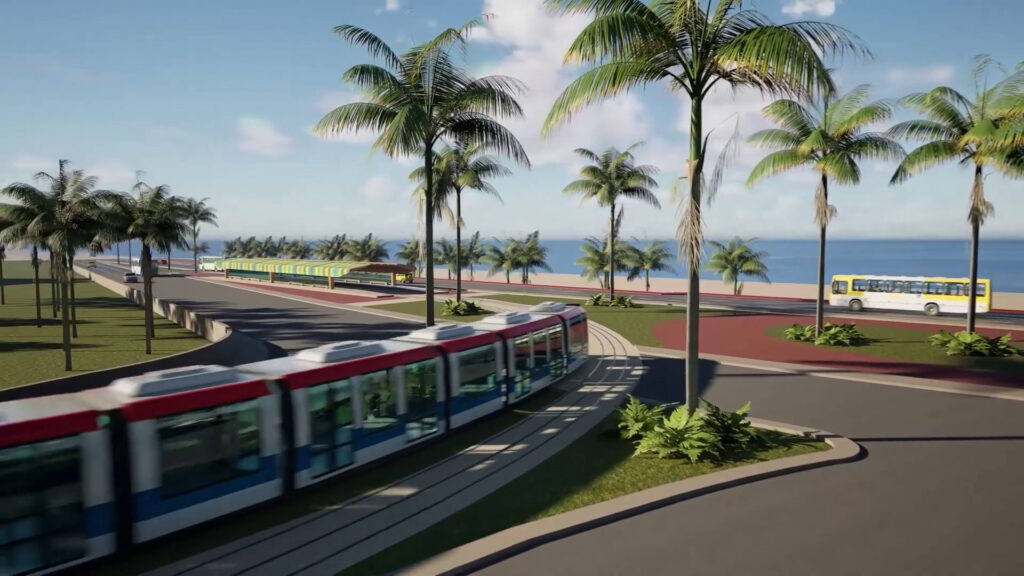
Infografía. Lote 3 del tranvía de Salvador de Bahía entre Aguas Claras y Piatã. Imagen facilitada por GOVBA. The company, in consortium, has been awarded the contract for the execution of Lot 3 of the Salvador de Bahía tramway between Aguas Claras and Piatã. The project, with a total budget of 140 million euros, was […]
OHLA reaches new milestone in the U.S. on the South Corridor Bus Rapid Transit Project
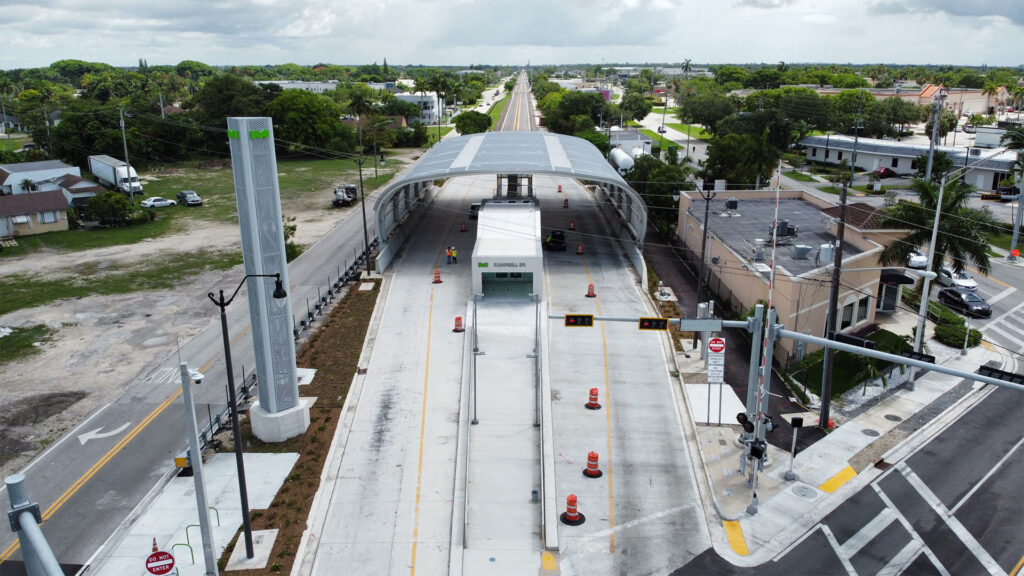
South Corridor Bus Rapid Transit (BRT), Florida (USA). OHLA, through its subsidiary OHLA USA, has achieved an important milestone on the South Corridor Bus Rapid Transit (BRT) project in Miami (Florida, U.S.). The company has successful delivered ten BRT stations (out of a total of fourteen) of this corridor of more than 32 km in length, exclusively […]
OHLA expresses its condolences on the death of Juan-Miguel Villar Mir, founder of this infrastructure group

OHLA conveys its condolences to the family of Juan-Miguel Villar Mir on the death of the company’s founder. Luis and Mauricio Amodio, president and vice-president of the company, have highlighted the great professional career of the businessman and his relevant personal and professional legacy. OHLA has reached its current position thanks to the strategic vision […]
OHLA completes the construction phase of the new Sinova WWTP, which will benefit 185,000 inhabitants of Soria
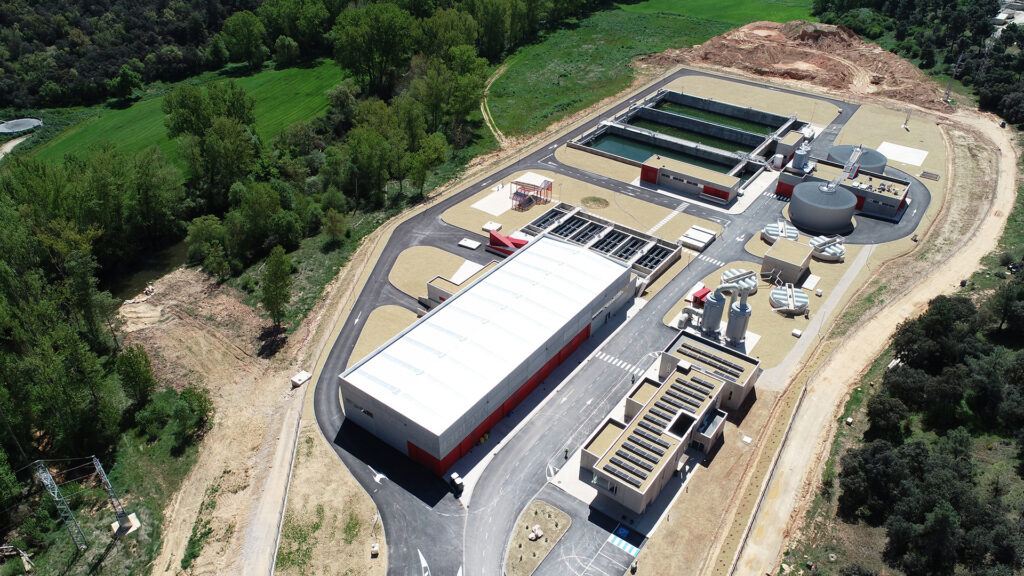
Sinova Wastewater Treatment Plant, Soria. OHLA has completed the construction phase of the new WWTP (Wastewater Treatment Plant) of Sinova (Soria) executing for ACUAES. The new infrastructure is designed to benefit 185,000 equivalent inhabitants in the future. However, the part equivalent to 134,000 is being built, with a hydraulic capacity to treat an average wastewater […]
We were awarded the construction of the new Parets del Valles station
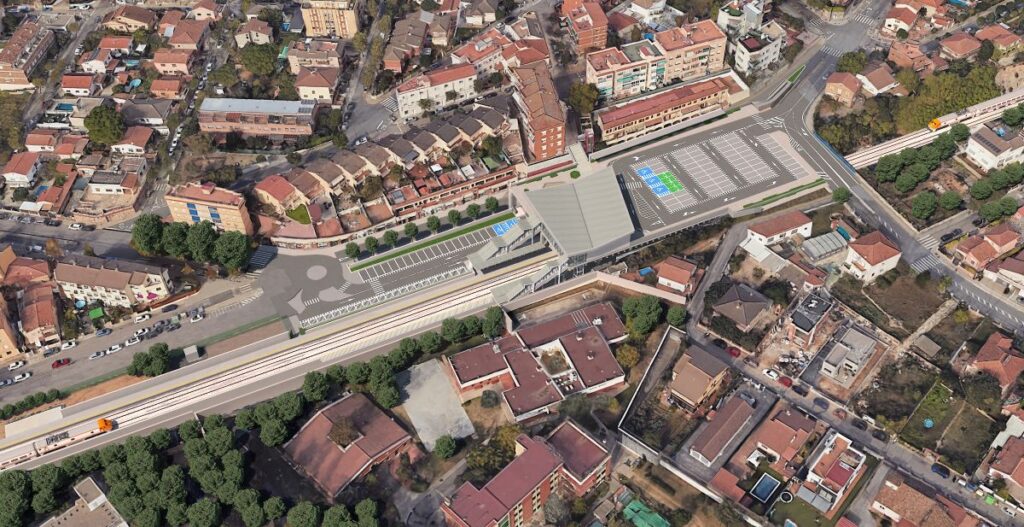
Graphics of the new Parets del Valles station (Spain). OHLA has been awarded the contract to build the new Rodalies Station in Parets del Vallès (Barcelona), valued at more than €17 million. The company will carry out this project with the help of its construction team and its specialized subsidiary G&O, which has an important […]
Inauguration of the Villa Zaita station in the Panama Metro
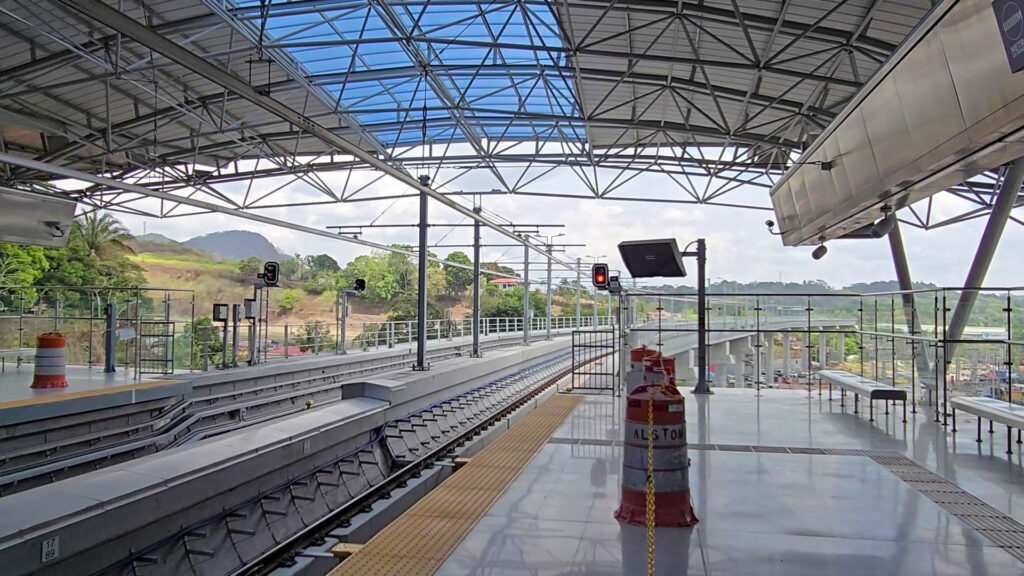
https://www.youtube.com/watch?v=FSo6gYPAlP4 OHLA achieves a new success in Panama. On April 25, the official inauguration of the Villa Zaita station in the Panama Metro took place. The company and Mota Engil are part of the Línea Panamá Norte consortium, which was awarded the 160 million euro contract for the extension of Line 1 of the Panama […]
OHLA receives a new award for the best work on the Agaete-La Aldea Road in Gran Canaria (Spain)
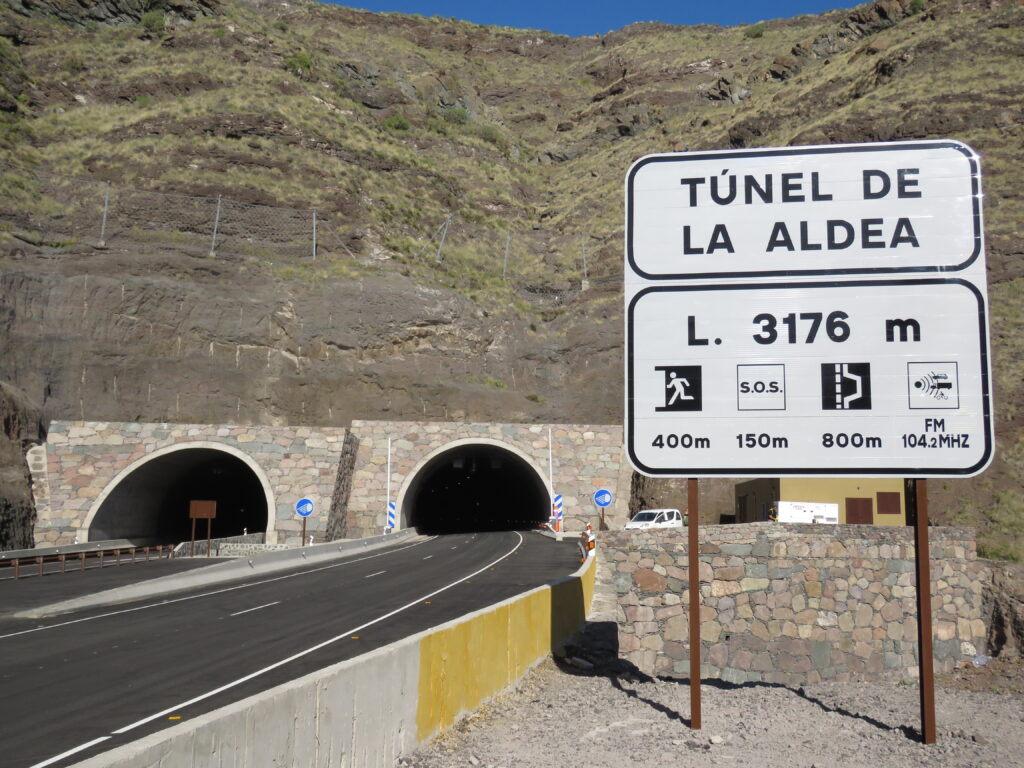
Road Agaete-La Aldea, section: La Aldea-El Risco in Gran Canaria Island (Spain) OHLA has been awarded in the second edition of the Engineer Juan León y Castillo Awards held at the Elder Museum of Science and Technology in Las Palmas de Gran Canaria (Spain). Specifically, the contract recognized in the category of best work was […]
April 28 – World day for Safety & Health at work
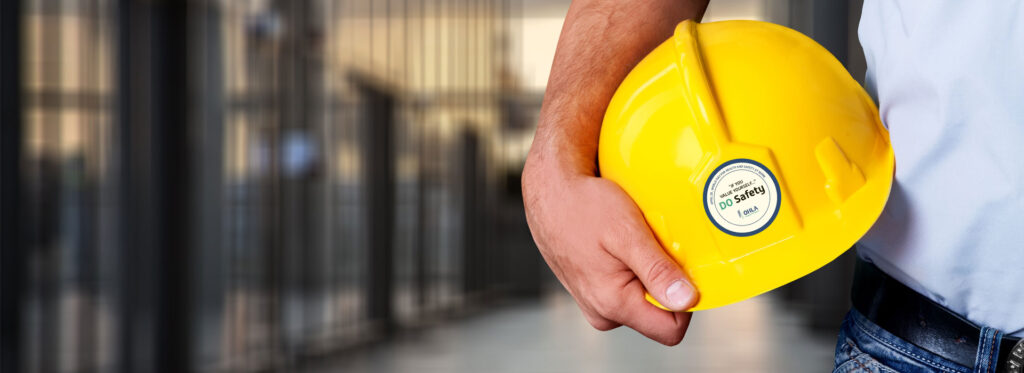
On #28April we celebrate World Day for Safety and Health at Work and at OHLA we want to share some of the initiatives that certify our commitment in this area. CASOS DE ÉXITO TOOLBOX Our success cases Case 1 Case 2 Case 3 Case 4 Case 5 Case 6 Case 7 Tell me a Story […]
OHLA awarded the Gjønnes tunnel in Norway for nearly 160 million euros
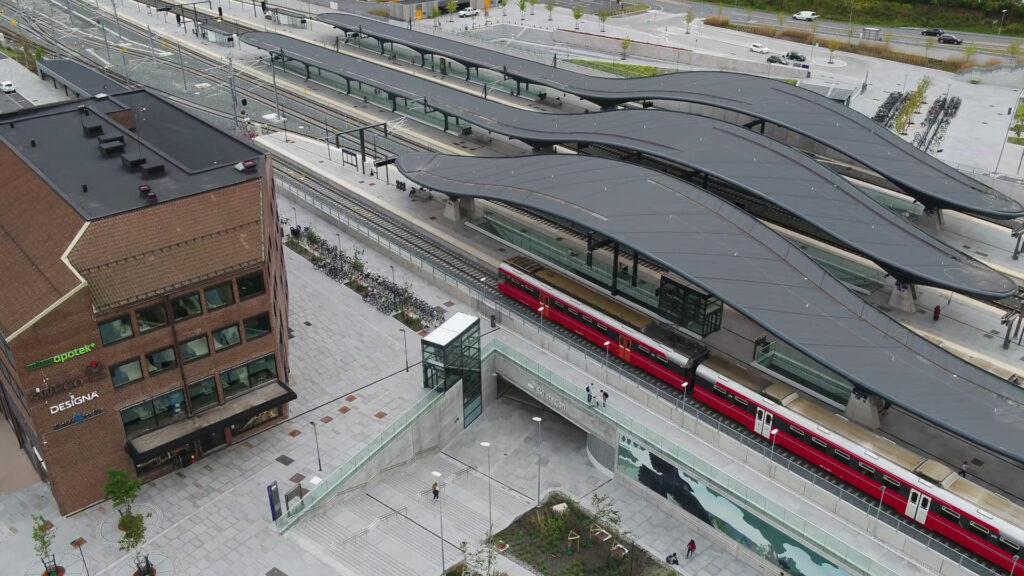
https://youtu.be/ShufrYJJ3sk The Norwegian Public Roads Administration (Statens Vegvesen) has awarded the company the design and construction of the Gjønnes tunnel for 156 million euros. This is a new highway connection between Gjønnes and the E18 highway at Strand, with a further connection to Fornebu. Specifically, OHLA will construct a concrete tunnel of approximately 100 meters […]
OHLA is awarded a 95.7 million euro contract for a section of Line 3 of the Seville metro system
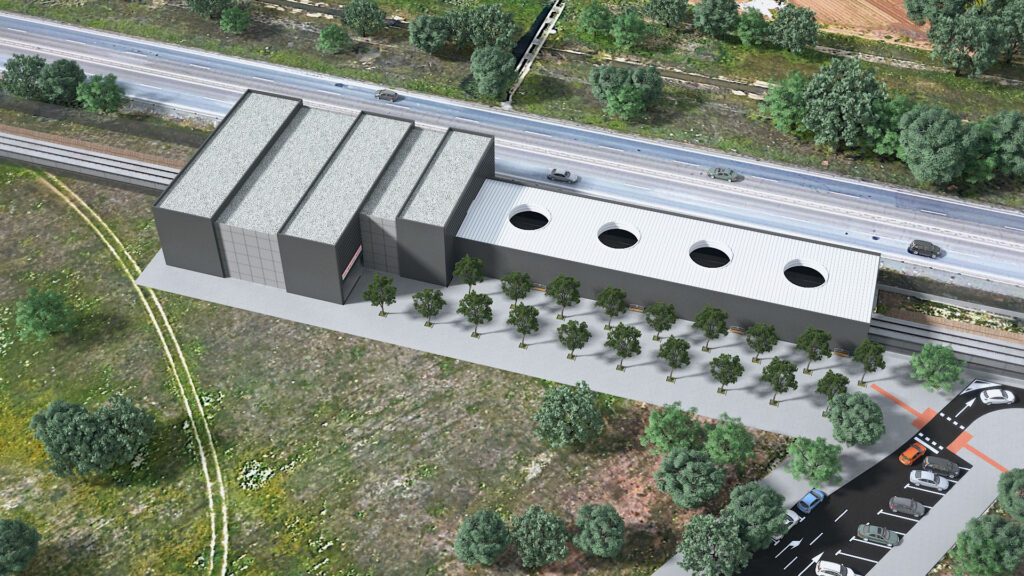
Pino Montano station infographics . OHLA has been awarded a contract worth 95.7 million euros (VAT included) for the construction of Subsection 1 of the northern section of Line 3 of the Seville Metro. The company leads the JV that will carry out the initiative, which covers almost a quarter of the route of the […]
